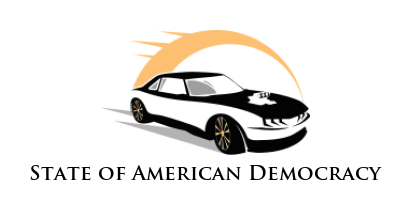Auto auctions are events or platforms where vehicles are sold to the highest bidder. They provide an opportunity for both dealerships and individuals to buy and sell vehicles quickly and efficientl
How to Sign Up for Auto Auctions
Auto auctions provide a unique opportunity to purchase vehicles at prices well below market value. Whether you’re a car enthusiast, looking for a reliable mode of transportation, or seeking a
What Do Dealers Pay at Auto Auctions
Auto auctions serve as a dynamic marketplace where dealers acquire vehicles for resale. Ever wondered what dealers pay at these auctions? This guide offers an in-depth exploration of the pricing la
How to Obtain Dealer License for Auto Auctions
Auto auctions provide a dynamic platform for buying and selling vehicles, ranging from cars and trucks to motorcycles and more. To participate in these auctions as a dealer, a valid dealer license
How to Buy From Auto Auctions
Auto auctions present an exciting opportunity for buyers to acquire vehicles at competitive prices. Whether you’re a seasoned car enthusiast or a first-time buyer, understanding how to buy fr
How to Find Auto Auctions in Your Area
Finding a reliable and affordable used car can sometimes feel like a daunting task. However, auto auctions offer a unique opportunity to access a wide range of vehicles at competitive prices. Wheth






